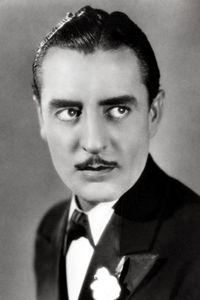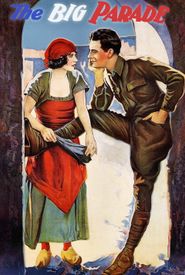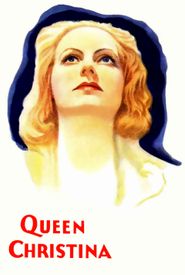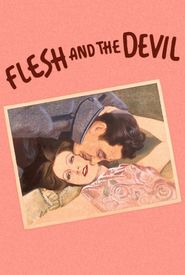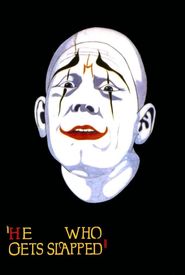John Gilbert was born into a family deeply rooted in the entertainment industry, his father being a comedian with the Pringle Stock Company. By 1915, John had already begun his career as an extra with Thomas H. Ince's company, and by 1917, he had risen to become a lead player, taking on various roles such as assistant director, actor, and screenwriter. He also dabbled in directing, showcasing his versatility and talent.
As the years went by, John's popularity continued to soar, and he was soon being recognized for his exceptional work in films. In 1919, he started getting better roles, and by 1921, he had signed a three-year contract with Fox Films. His success only grew, and he transitioned from playing villains to becoming a leading man.
In 1924, John signed with MGM, which led to his appearance in the film His Hour. The following year, he starred in the highly successful The Big Parade, and by this time, he had become as popular as Rudolph Valentino. Lillian Gish, who had also signed with MGM, chose John to co-star alongside her in La Bohème in 1926.
With the untimely death of Valentino, John found himself at the top of his game, with no competition. However, this was short-lived, as Greta Garbo soon joined the scene, starring alongside John in films such as Love, Flesh and the Devil, and A Woman of Affairs. The on-screen chemistry between the two was undeniable, leading to a highly publicized off-screen romance.
When John was left at the altar, his performances began to suffer, and he turned to heavy drinking. The film industry was also undergoing a significant change, transitioning from silent films to talkies. While John's voice was not as bad as some had feared, it did not match the image he had previously portrayed on screen. His characters also underwent a transformation, as seen in films like Redemption and Way for a Sailor.
MGM did little to help John adjust to the new sound medium, and his contract ran out in 1933 after he appeared in Fast Workers as a riveter. Despite his large salary, John's money meant little to him, and he struggled to come to terms with his new reality.
Garbo attempted to revive John's career by insisting he play opposite her in Queen Christina, but by then, it was too late. John appeared in only one more film before his untimely death from a heart attack in January 1936.
